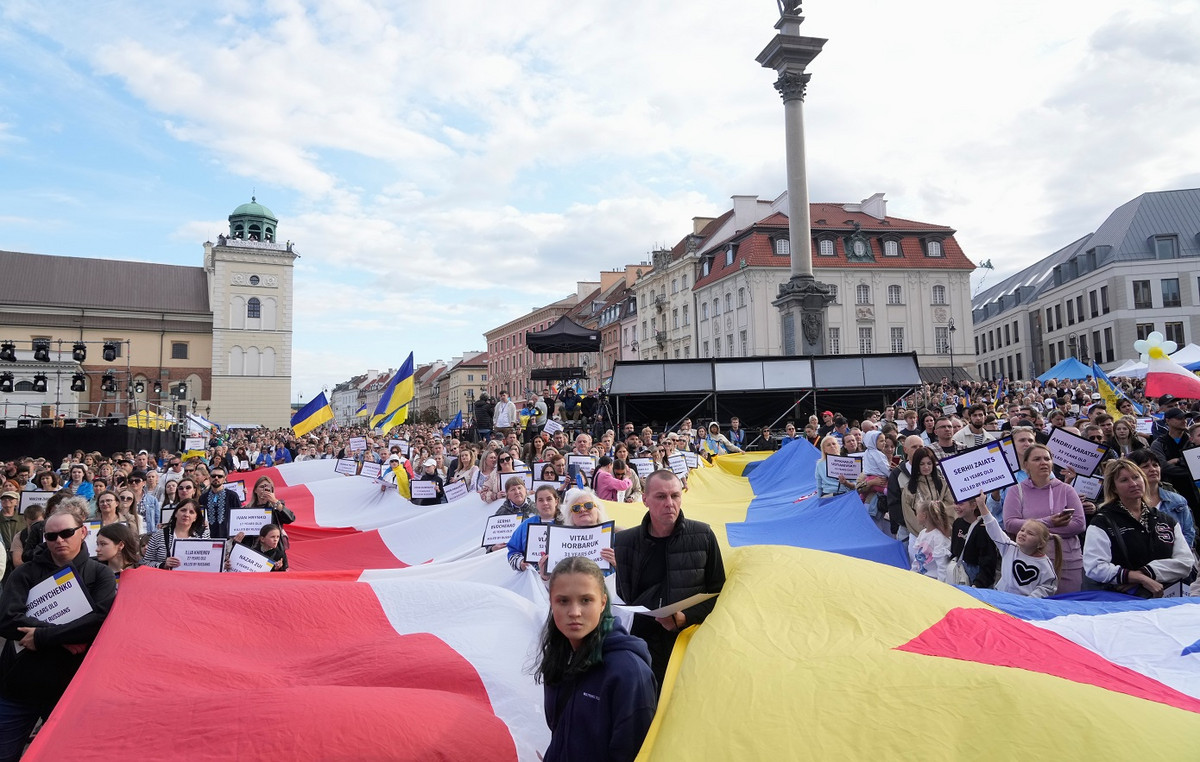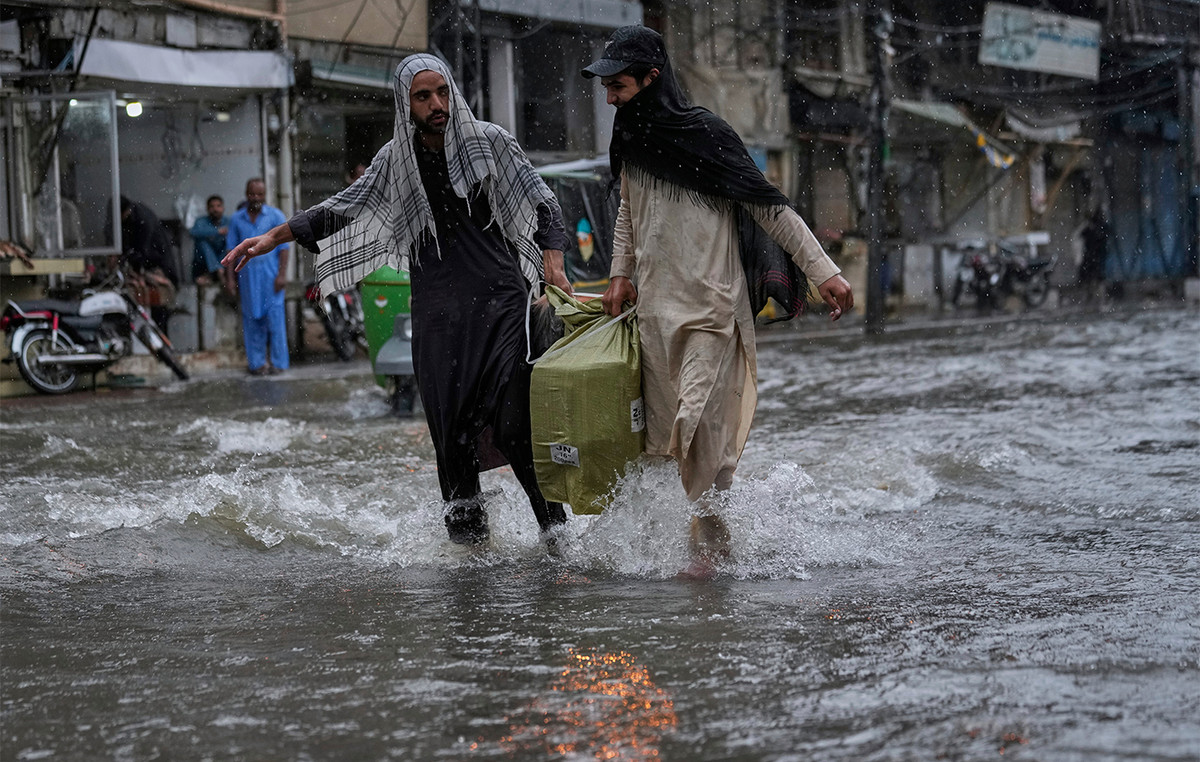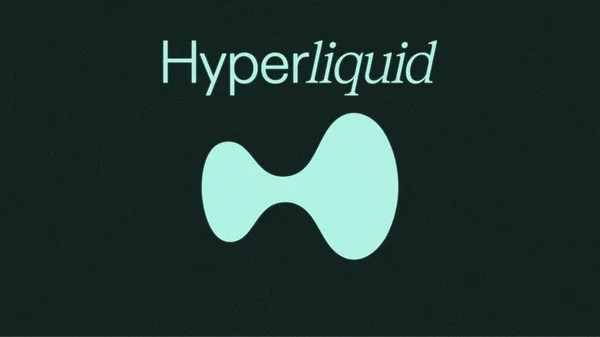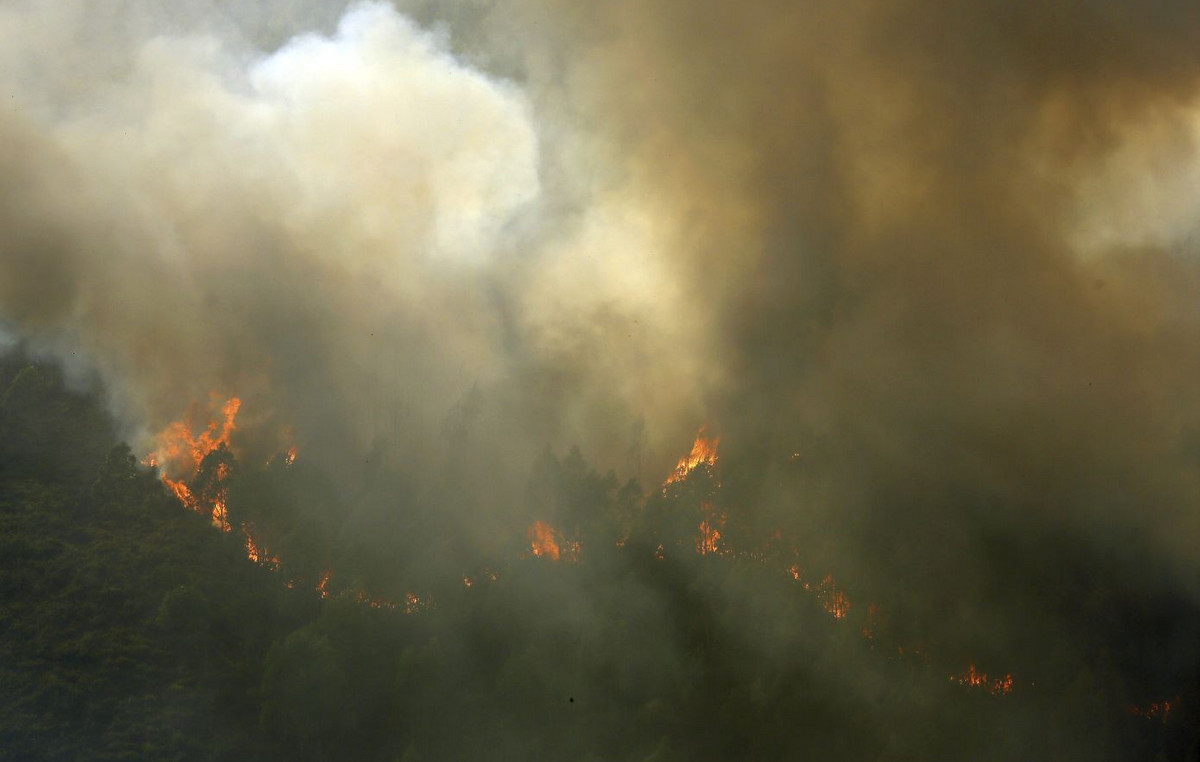Of Tasos Dasopoulos
Continued price increases for liquid fuels and foodstuffs due to the war in Ukraine threaten to cancel the € 1.12 billion support measures announced on Thursday before they are fully implemented.
The war in Ukraine came to culminate in the energy crisis that had begun in the last quarter of 2021 with the price rally accelerating and the speculation that came into play with the invasion of Ukraine. The result was that average oil prices for the first half of March were consistently above $ 110 a barrel, gas prices above 120 euros per kilowatt hour, dragging the price of electricity to historic highs. This is when ELSTAT already recorded for February, increases of 78.5% in natural gas, 71.4% in electricity, 41.5% in heating oil and 23.2% in fuel and lubricants.
At the same time, the cessation of all production processes and therefore the transport of cereals and raw materials from Ukraine, skyrocketed their prices, with olive oil closely following with an increase in price by 15.2%. Edible oils rose in February (a month in which the effects of the war on prices were limited) by 16.8%, and bread and cereals by 5.9%.
And this without taking into account the increase in prices of raw cereals will entail the cost of producing hundreds of individual foods that have cereals or seed oils in their ingredients.
The financial staff responds for March with the continuation of subsidies for electricity and gas tariffs while it is not yet allowed to subsidize a larger percentage of energy-intensive companies that will sooner or later pass on their prices the increased energy costs. With all this data, inflation for March is expected to rise by at least another unit and reach 8-8.3%, pushing even more household and business incomes.
The next moves
In the next stage, the financial staff acted cautiously, announcing the measures of 1.1 billion euros, for the mitigation of increases in fuels and the relief of financially vulnerable households, with the “check of accuracy”.
However, there is still no comprehensive action at EU level on the horizon for a common defense against energy inflation. Discussions in this area will continue, at the summit next Thursday and Friday, where interventions at two levels should begin to be finalized by EU leaders:
-The first is a common stance for mitigating energy price increases such as imposing a cap on gas prices.
-The secondly level of intervention, will support businesses and households in the Member States. In this regard, too, the Versailles summit was disappointing, as not only was no decision taken, but it became another opportunity for the frugals to reiterate their position that each country should find its own solutions to the issue.
However, the financial staff reiterates at every opportunity that it will continue to stand close to society as long as necessary.
Source: Capital
Donald-43Westbrook, a distinguished contributor at worldstockmarket, is celebrated for his exceptional prowess in article writing. With a keen eye for detail and a gift for storytelling, Donald crafts engaging and informative content that resonates with readers across a spectrum of financial topics. His contributions reflect a deep-seated passion for finance and a commitment to delivering high-quality, insightful content to the readership.







